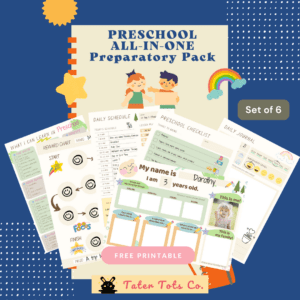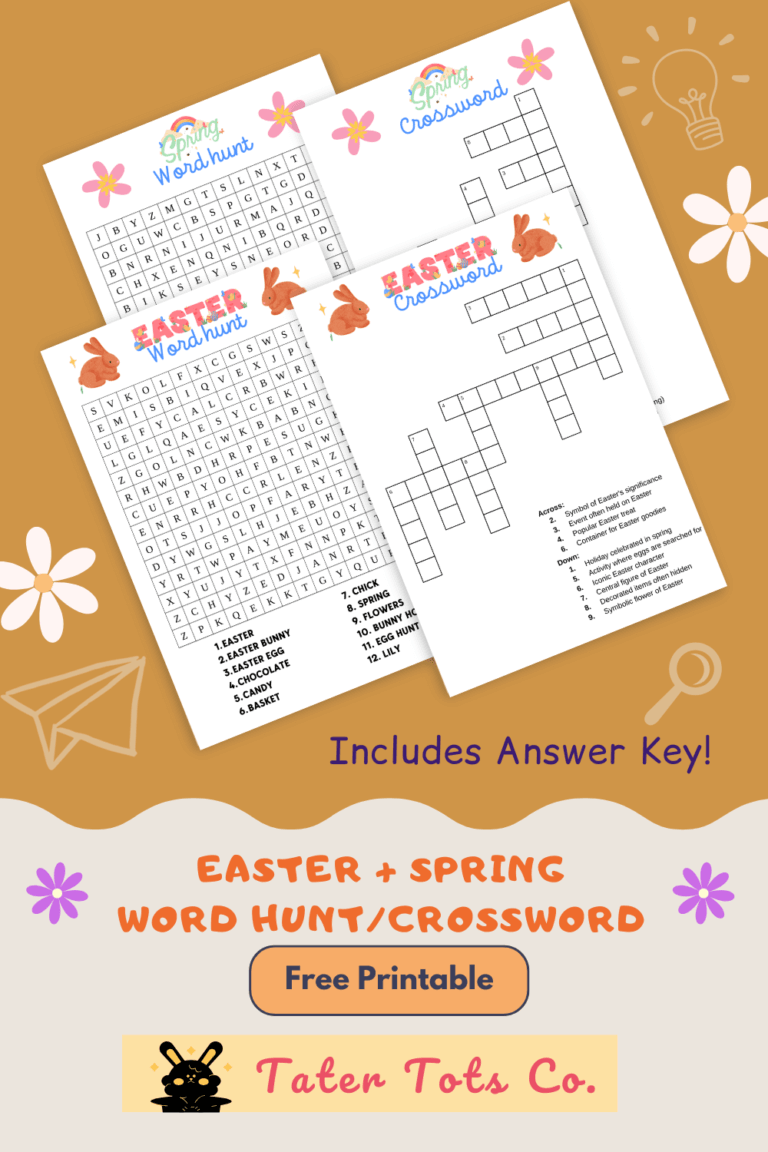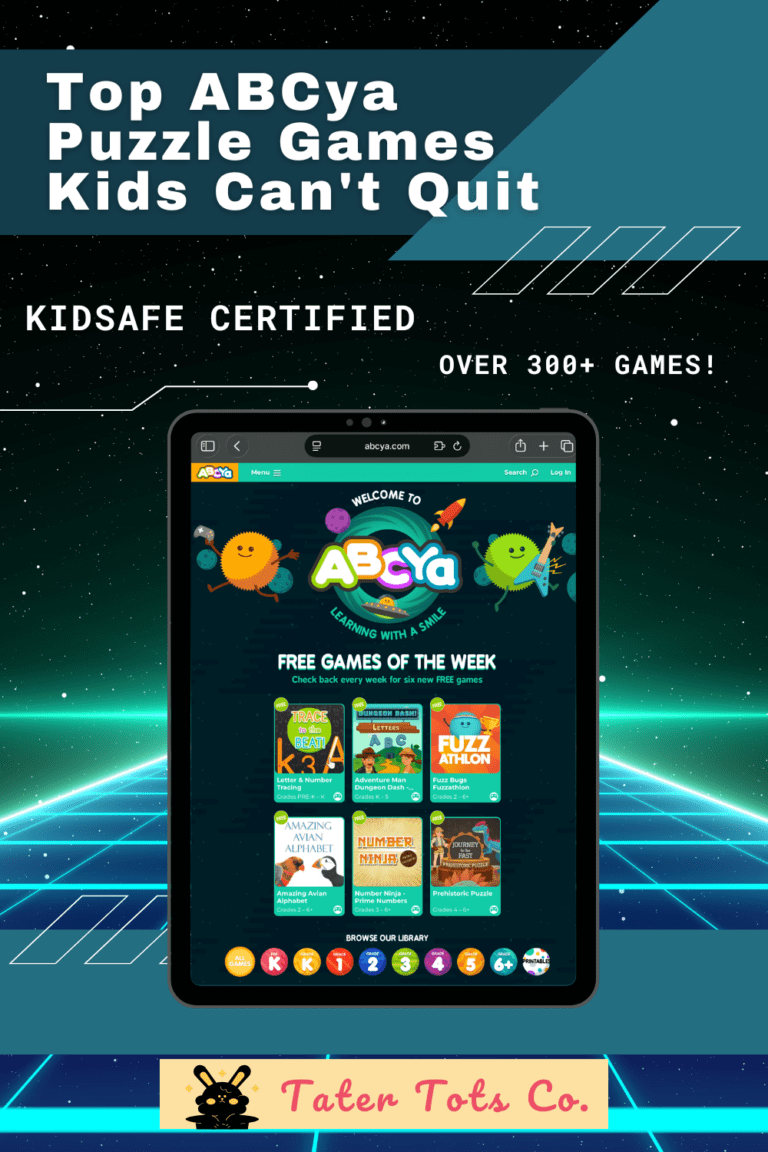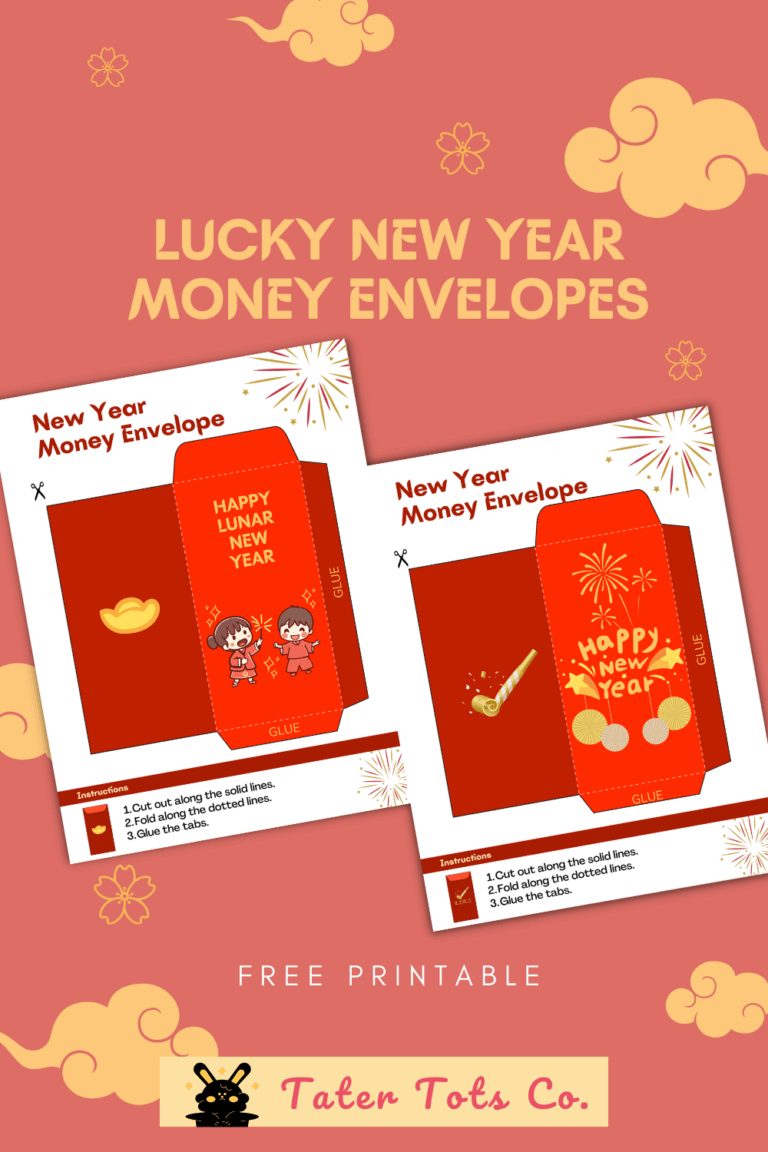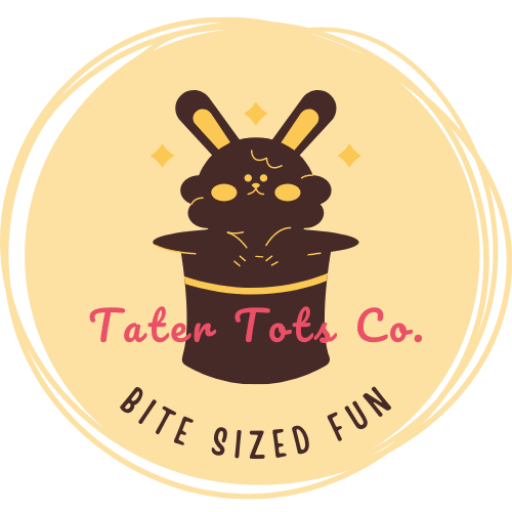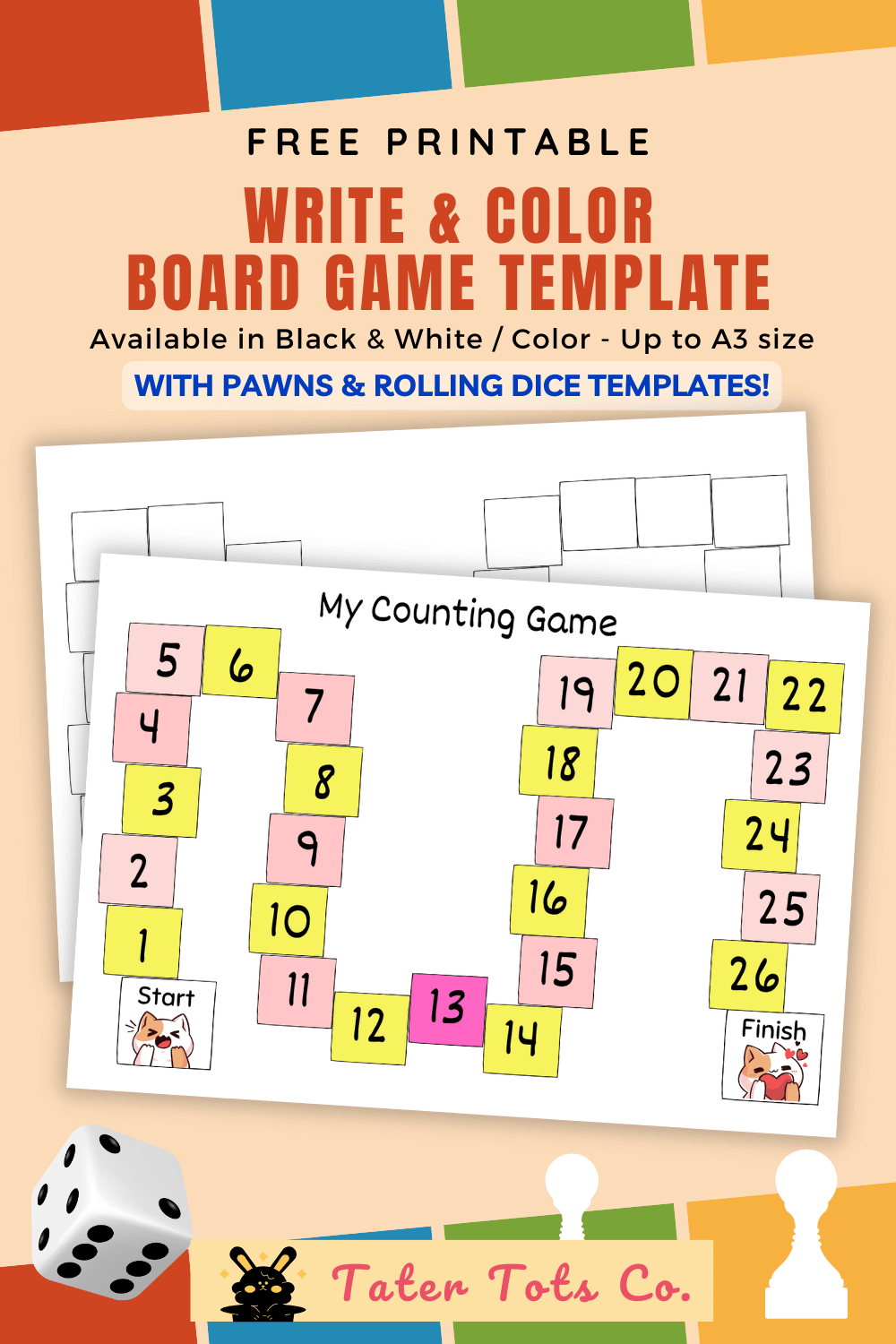
Introduction
Creating a DIY board game is a great way to spend quality time with your preschoolers. Not only do they provide entertainment, but they also help develop important skills like communication, critical thinking, and problem-solving. However, constantly buying new board games can be expensive. That’s why DIY board games are a fun and cost-effective way to keep your little ones engaged and entertained.
Allowing your child to create their board games can be a rewarding and enjoyable experience and stimulates their imagination and problem-solving abilities.
Roll-and-race games add an element of thrill and competition to the mix, making them perfect for game nights or playdates. These games involve rolling dice or spinning a wheel to move pieces along a track, creating suspense and excitement with each turn.
We’ll also introduce you to some fun roll-and-race games that you can play with your preschoolers to help them develop their motor skills and hand-eye coordination. Continue reading below or click here to download a free write and color DIY board game template for kids to create their own board game!
Related Articles:
Fun Brain Exercises To Train A Little Kid’s Brain
Fun and Educational: How to play SNAP card games for Toddlers and Young Kids
Let’s Go To The Supermarket! (Free Printable shopping game for kids)
Benefits of engaging preschoolers in board games
Engaging preschoolers in board games offers a myriad of benefits beyond just entertainment. These interactive activities provide a valuable opportunity for young children to develop essential skills while having fun. Board games can enhance cognitive abilities such as critical thinking, problem-solving, and decision-making playfully and engagingly.
Furthermore, playing board games with preschoolers promotes social skills like taking turns, sharing, and cooperation. These games create a positive environment for children to interact with peers and family members, fostering communication and teamwork skills from an early age.
In addition to cognitive and social development, board games can also enhance fine motor skills and hand-eye coordination in preschoolers. As they manipulate game pieces, roll dice, or draw cards, children engage in activities that improve dexterity and coordination.
Whether it’s a classic game of Snakes and Ladders or a creative DIY board game, the benefits of these activities extend far beyond the tabletop, shaping young minds in a fun and educational manner. Check out our other game and activity ideas for preschoolers here!
What you will need
To get started, gather the following materials to bring your game ideas to life:
- Our DIY Board Game Template: Download the free template below
- Markers, Crayons, or Colored Pencils: Get creative with colorful markers, pencils, or crayons to decorate and design your game board. Use bright colors to make it visually appealing.
- Dice or Spinners: Depending on the type of game you want to create, you may need dice or spinners to add an element of chance and excitement to the gameplay. You can download our free rolling dice template together with our board game template.
- Game Pieces/Pawns: Gather small items like buttons, beads, or even small toys to use as game pieces for players to move around the board. You can download our free pawn template together with our board game template.
- Cards (Optional): If your game involves drawing cards, you can use index cards or cut pieces of paper to create game cards with instructions, questions, or challenges.
- Imagination and Creativity: Encourage preschoolers to contribute their creative input to make the game engaging and fun.
Step-by-step guide to creating a roll-and-race game
Creating a roll-and-race game can be a fun and rewarding DIY project that will engage preschoolers and provide hours of entertainment. Follow these step-by-step guidelines to bring your game to life:
- Choose a Theme:
First, decide on the theme of your game. Whether it’s a jungle adventure, a space race, or a magical kingdom, pick a theme that will capture the imagination of preschoolers. - Design the Game Board:
Create a game board with a starting point and a finish line. Include spaces along the way for players to move forward or face challenges. You can draw the board on a piece of cardboard or use a large sheet of paper. - Add Color and Graphics:
Make the game visually appealing by adding colors and graphics that match the theme. Use markers, stickers, or printouts to decorate the board and make it attractive to young players. - Create Game Pieces:
Design game pieces that players can move along the board. These can be simple cutouts in the shape of animals, vehicles, or characters from your chosen theme. Make sure to create enough pieces for all players. - Define Rules and Actions:
Establish rules for the game, including how players move along the board, what happens when they land on certain spaces, and how they can win. Keep the rules simple and easy to understand for preschoolers. - Playtest and Refine:
Before introducing the game to preschoolers, playtest it with friends or family members to identify any issues or areas for improvement. Make adjustments as needed to ensure a smooth and enjoyable gaming experience. - Engage and Have Fun:
Once your roll-and-race game is ready, invite preschoolers to play and have fun together. Encourage creativity, imagination, and friendly competition as they navigate the game board and race towards the finish line.
By following these steps, you can create a captivating roll-and-race game that will delight preschoolers and provide an interactive and entertaining activity for all to enjoy.
How to incorporate learning into board games for preschoolers
Incorporating learning into board games for preschoolers is a fantastic way to make playtime both fun and educational. By blending essential skills with interactive gameplay, you can enhance children’s development while they have a great time. One effective method is to focus on key learning areas such as colors, shapes, numbers, and letters.
For example, you can create a board game where kids need to match colors or shapes to progress through the game board. This not only reinforces their knowledge of these concepts but also improves their critical thinking and problem-solving skills. Additionally, incorporating numbers and letters into the game can help preschoolers practice counting, recognizing letters, and even spelling simple words.
Moreover, consider introducing educational elements like counting spaces, identifying patterns, or solving simple math problems as part of the game mechanics. This way, children can engage with the game while subconsciously learning and reinforcing important skills.
Overall, by infusing learning into board games for preschoolers, you can create a dynamic and engaging experience that promotes cognitive development, social skills, and creativity in young children.
Tips for making board games interactive and engaging
When it comes to creating interactive and engaging board games for preschoolers, there are several key tips to keep in mind. First and foremost, consider incorporating elements of surprise and excitement into the gameplay. This can be achieved through the use of colorful and visually appealing game pieces, as well as incorporating fun and engaging themes that resonate with young children.
Additionally, incorporating interactive elements such as spinners, dice, or movable pieces can help keep preschoolers engaged and excited about the game. These hands-on components not only make the game more interactive but also help develop fine motor skills and hand-eye coordination in young children.
Furthermore, consider incorporating educational elements into the gameplay to make the experience both fun and enriching for preschoolers. This can include incorporating counting, color recognition, or shape-matching activities into the game mechanics, helping children learn while they play.
Lastly, don’t forget the power of storytelling in making board games interactive and engaging. Incorporating a narrative or storyline into the game can capture the imagination of preschoolers and make the gameplay experience more immersive and memorable.
By following these tips and incorporating interactive elements, educational content, and storytelling into your DIY board games, you can create engaging activities that will delight and entertain preschoolers while fostering their cognitive and social development.
Importance of promoting social skills through board games
Promoting social skills through board games is a crucial aspect of a child’s development, especially during their preschool years. Board games offer an interactive and engaging way for children to learn and practice essential social skills that are fundamental for their future interactions and relationships.
Playing board games with others helps preschoolers learn the importance of taking turns, following rules, and practicing good sportsmanship. These games provide a structured environment where children can develop crucial communication skills, such as listening to others, expressing themselves clearly, and learning how to cooperate and collaborate with their peers.
In addition, board games offer valuable opportunities for preschoolers to practice problem-solving and critical thinking skills in a social setting. As children engage in friendly competition, they learn how to strategize, adapt to changing circumstances, and make decisions based on their observations and reasoning.
By promoting social skills through board games, children not only enhance their cognitive abilities but also foster empathy, respect for others, and a sense of belonging within a group. These skills are essential for building positive relationships, developing emotional intelligence, and navigating social situations confidently as they grow older.
Incorporating board games that emphasize social interaction and cooperation into preschool activities can have a lasting impact on children’s social development and overall well-being. Encouraging playful interactions through board games can create lasting memories, strengthen friendships, and instill valuable life skills that will benefit children both in their academic pursuits and personal relationships.
Fun variations and themes for roll-and-race games
Roll-and-race games are a fantastic way to engage preschoolers in interactive and exciting gameplay. By incorporating fun variations and themes, you can elevate the enjoyment and educational value of these games for young children. One creative idea is to introduce a color-themed race where players move their game pieces based on the color rolled on the dice. This not only reinforces color recognition but also adds a dynamic element to the game.
Another engaging variation is to incorporate animal-themed races, where each player’s game piece represents a different animal. As they roll the dice and move their pieces along the track, children can mimic the sounds and movements of the animals, making the gameplay immersive and entertaining.
You can introduce seasonal themes to roll-and-race games, such as a winter wonderland race or a springtime sprint. By adapting the game elements to reflect different seasons and holidays, you can keep the gameplay fresh and exciting for preschoolers throughout the year.
Download the free DIY Write and Color Board Game Template
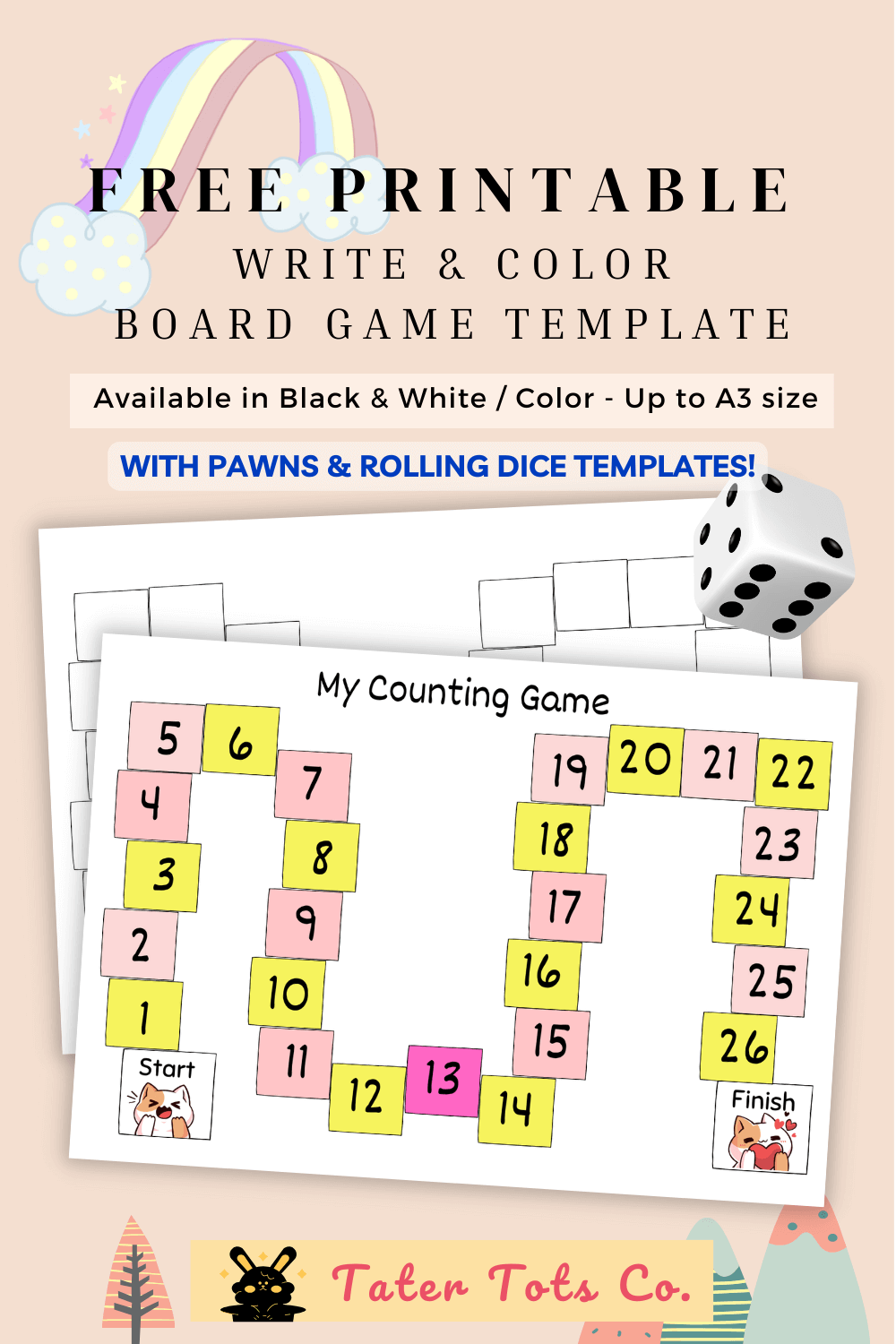
You can download the free DIY Write and Color Board Game with Pawns and Rolling Dice Templates below,

By downloading our free printable, you agree to our Terms & Conditions of usage.
Conclusion
Creating and playing DIY board games can be a fantastic way to spark creativity, foster learning, and create lasting memories with your preschoolers. Not only does it provide a fun and interactive activity for children, but it also encourages critical thinking, problem-solving skills, and social interaction.
We hope you found our article on board games fun for preschoolers and roll-and-race games engaging and informative. Creating homemade board games is a fantastic way to spark creativity and learning in young children, while roll-and-race games add an element of excitement and friendly competition. These activities provide quality bonding time for families and can be tailored to suit various themes and learning objectives. We encourage you to get creative, have fun, and enjoy the process of making and playing these games with your little ones!
If you’re looking for other toddler activity ideas, you can visit the site’s section on Toddler Activity Ideas
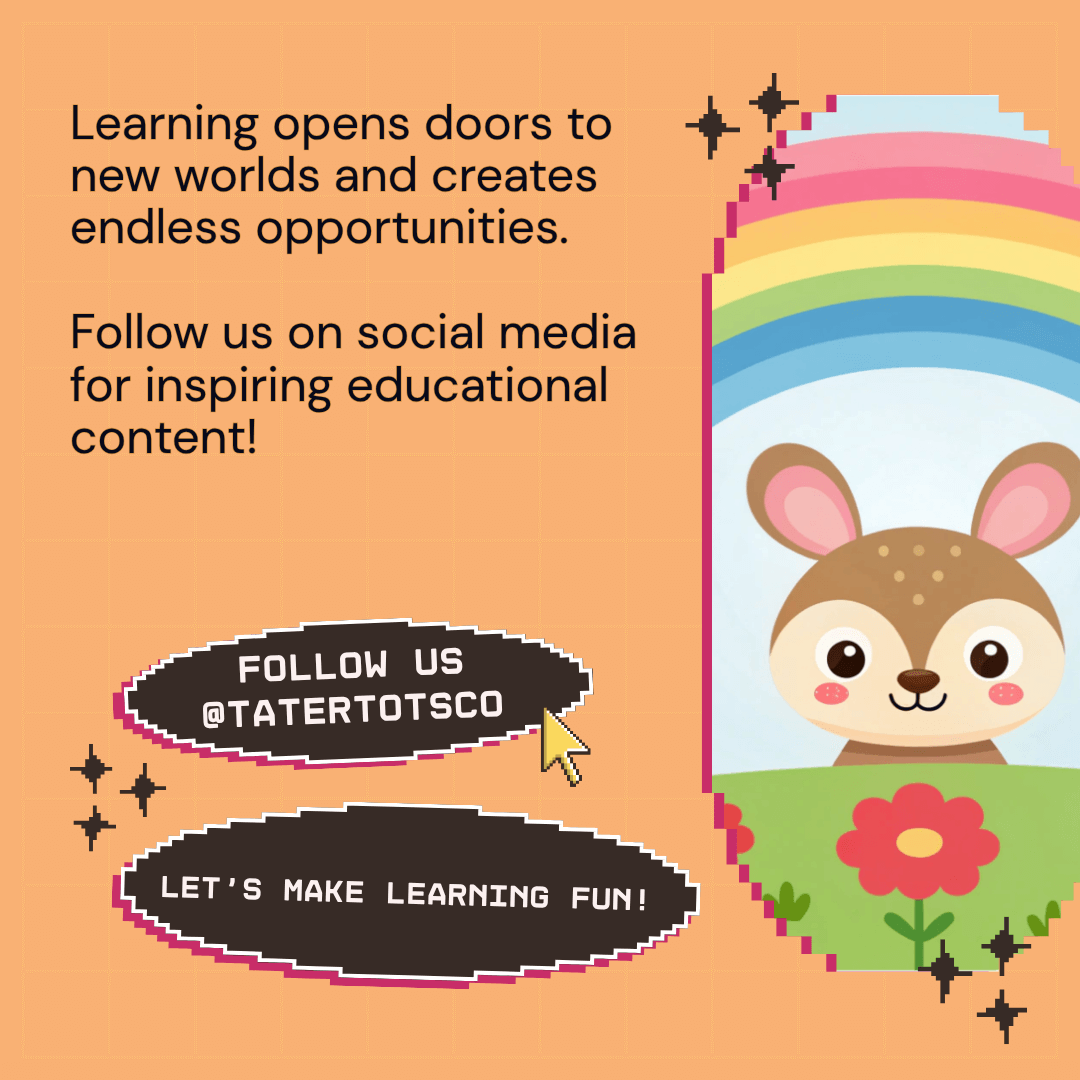
Enjoyed this freebie? Follow us on Facebook/Pinterest for the latest blog updates, freebies, and Ukulele printables.
Subscribe to us!
Includes a FREE PRESCHOOL PREPARATORY PACK
Assess your child's readiness for preschool and know what to prepare beforehand, with printable templates included.
- Preschool Things to Bring/Pack Checklist
- What I can learn in Preschool
- All About Me toddler activity poster
- Daily activity schedule
- Preschooler's daily journal template
- Reward Chart for Behavior Management
Provide a valid email so that you can receive your freebie!
